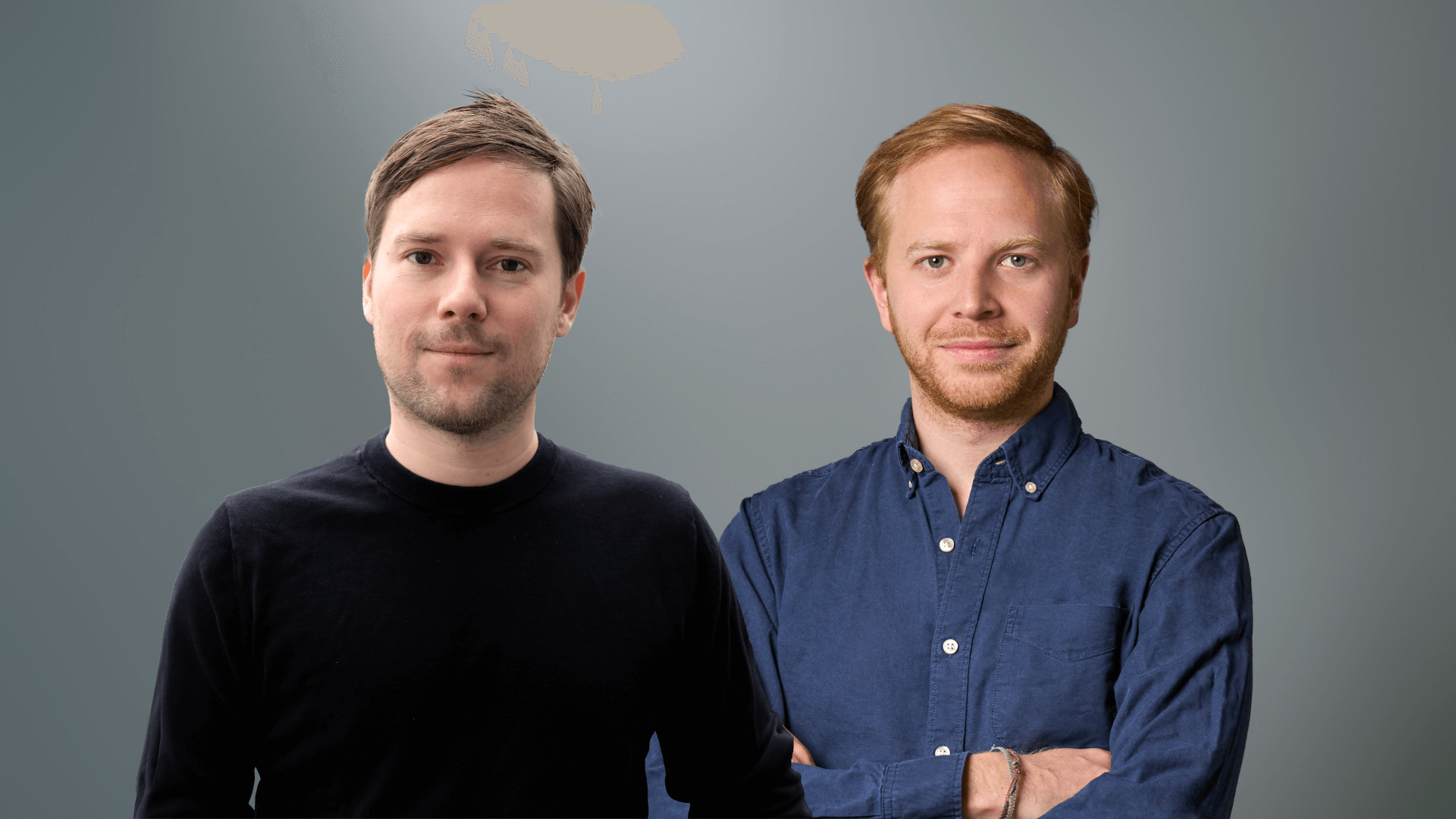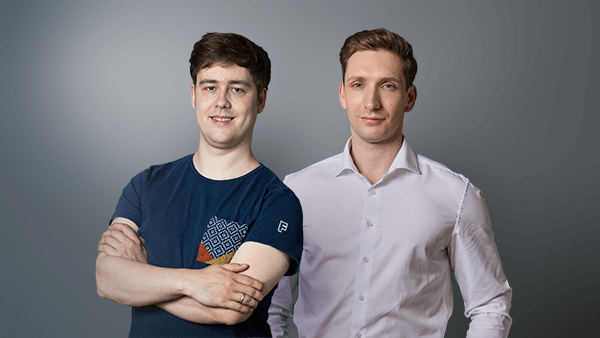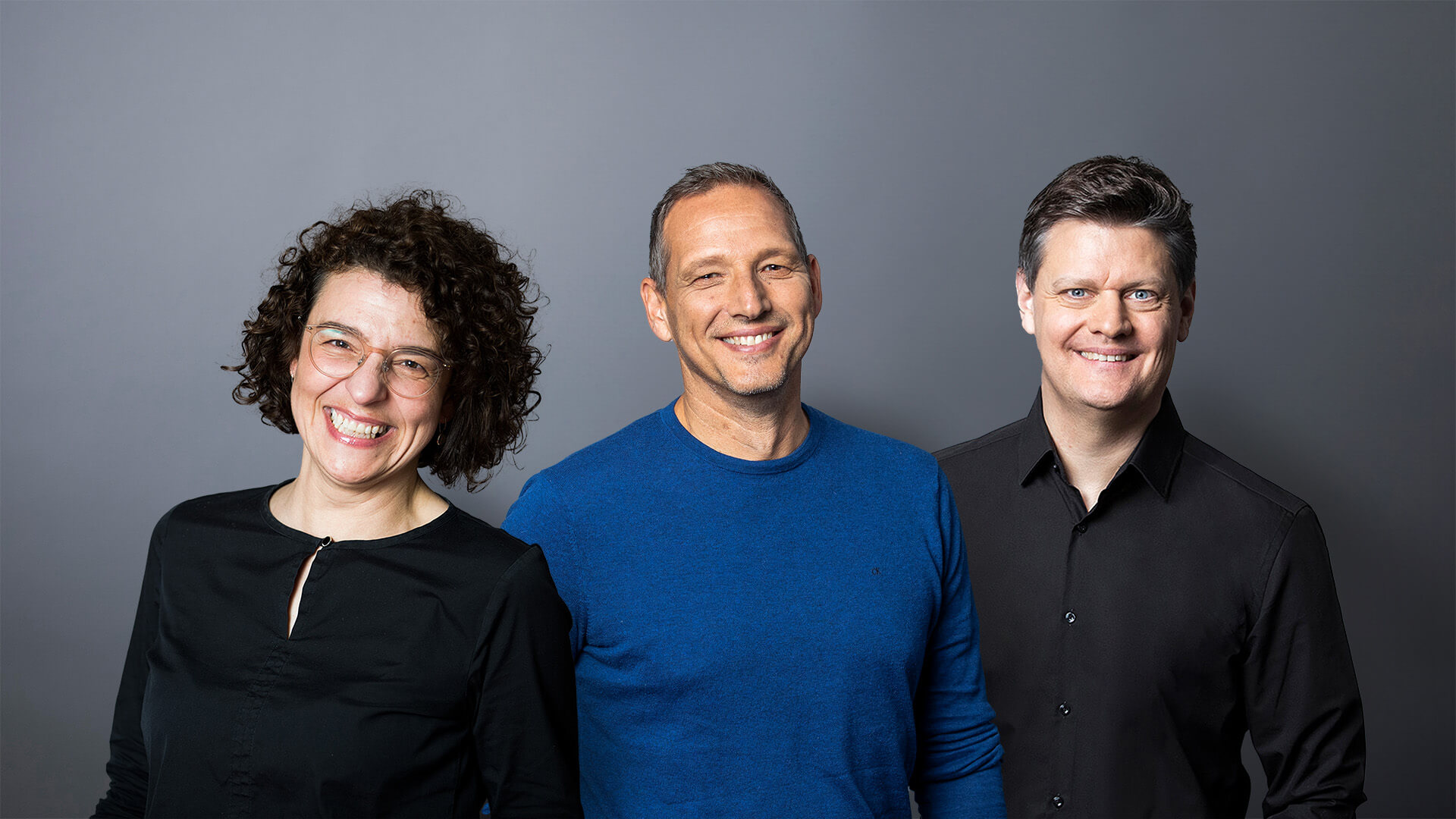2022 review and 2023 preview from our investment teams
What opportunities and challenges did we face in 2022? And what trends and technologies can we expect to see next year? Our three investment teams – industrial tech, life sciences & chemistry, and digital tech – reflect on an eventful year and look ahead to 2023.
Industrial tech
The effects of the climate crisis continue to place huge challenges on society. HTGF aims to be part of the solution. Since 2005, we have invested in around 60 climate tech companies and are well-placed with our current portfolio in areas such as energy, the circular economy, batteries and mobility.
An example of a new investment is Variolytics. The company offers measurement technologies and AI for wastewater treatment plants, thus actively helping to reduce greenhouse gas emissions.
Additional challenges such as the shortage of skilled workers, unreliable supply chains and increasing competition are helping to drive the digitalisation of production for many manufacturing companies. Our roughly 35 active industrial tech firms offer solutions for industrial companies from various sectors.
An example is one of our new investments in 2022: Syte, a start-up that offers an AI search engine which analyses the development potential of land.
Elsewhere, deep tech applications are increasingly finding industrial use in areas such as new space, quantum computing and artificial intelligence. Many of our 35 deep tech portfolio companies will achieve major technological milestones in 2023.
An example of a new investment is InCirt, a company that develops microchips which serve as a key technology for future high-speed wireless communication.
Important exits
- Enscape – Enscape develops high-value, real-time rendering and virtual reality software for the architecture, engineering and construction industries. The company has gained tens of thousands of customers worldwide in a short space of time. We have since sold our shares to a private equity fund, which is helping Enscape and other companies in the field of CAD to become category leaders. Our exit was a major commercial success for HTGF, achieving the highest ever multiple on invested capital.
- FAZUA – FAZUA works on innovations in the field of e-bikes. Many renowned e-bike manufacturers already use FAZUA drive systems. In Porsche, the company was also able to secure a partner for whom the right drive system means everything.
- Arioso – Arioso Systems develops microspeakers for in-ear headphones. These microspeakers are up to ten times smaller than conventional speakers and they are extremely energy-efficient. In Bosch, we are delighted that the company was able to find a partner from our circle of investors.
Life sciences & chemistry
One trend continued to take hold in 2022: agility and resilience are becoming increasingly important for companies seeking to establish themselves in the fields of life sciences and chemicals. These are traits that often distinguish young companies and start-ups from major players and corporations. The start-up culture in the life sciences and chemicals industries is shaped by new ways of thinking, new approaches and new paths. This also applies to Rimasys, a start-up that HTGF initially invested in back in 2017. The company, which was only recently acquired by the AO Foundation, is helping to make surgeon training more realistic using gamification methods. For instance, they stream bone surgeries performed by experts in the field. And doctors throughout the world are able to observe their work via live stream.
Many of our portfolio companies achieved key milestones in 2022. oncgnostics, for instance, developed a testing procedure that makes cervical cancer much easier to diagnose. The product was also recently approved in China.
We’re going to keep up the hard work. Because there’s a lot to work on: infectious diseases, cancer, Alzheimer’s, the further development of RNA, better diagnostics, the improvement of hand hygiene, relieving medical professionals of tiring work, and sustainability in the medical and chemical sectors. These are all challenges that our portfolio companies are actively working on.
Important exits
- c-LEcta – c-LEcta is a leading biotech company specialised in precision fermentation, optimised bioprocessing and biotransformation for the creation of high-value targeted enzymes and ingredients. HTGF has been at the company’s side for over 16 years.
- Kumovis – Kumovis develops 3D printing technology for the production of implants and medical technology products. The technology enables the production of highly individualised implants while remaining economically viable.
- Rimasys – Rimasys is an innovator in the field of surgical training. The Cologne-based company has an impressive track record in this field and will now be able to continue its success story with its new partner.
Digital tech
Three topics were particularly important this year and will continue to dominate in 2023.
We expect to see a further boost for the field of artificial intelligence. AI applications will continue to make life easier for humans. An example of this is our portfolio company Natif.ai. Thanks to high-performance AI models and a deep OCR technique developed in-house, a wide range of documents can be analysed quickly and precisely, with the relevant data being extracted.
Edtech, govtech and regtech will also remain relevant fields of growth. The digitalisation of schools and public bodies will continue to gain traction. Our portfolio companies are already assuming a leading role in this development in Europe, especially Sdui in the field of edtech.
And then there’s the field of cyber security: Innovative security solutions are already highly sought after. This will remain the case next year, given the diverse range of security threats throughout the world. This has also been underlined by the level of investment in our portfolio companies VMRay, Code Intelligence and Tangany. They all completed successful growth rounds. Start-ups from this sector performed well, with multiples only suffering slightly.
An example of a success story in 2022: Our portfolio company Code Intelligence partnered with Google to secure open-source components written in the most-used programming language, Java. While onboarding the most-used maven packages relevant to enterprise software into the testing platform, over 200 vulnerabilities have been prevented before landing in official releases.
Important exits/IPOs
- Quentic – With its modular software-as-a-service solution, Quentic simplifies management and reporting in the fields of health, safety, environment and quality (HSEQ) management, and environmental, social and governance (ESG). The company has now found a strong partner in AMCS. HTGF’s shared history with Quentic is a special one: HTGF has been at the company’s side for over 14 years of development.
- Rebelle – Rebelle is a pioneer in the field of the circular economy. This year, the successful online marketplace for second-hand designer fashion went public. Rebelle is the first IPO to have a Nasdaq Green Equity Designation within the global Nasdaq system. This was also HTGF’s first “green IPO”, in other words a stock market launch with a focus on sustainability.
- IPlytic – It is great to see that the IPlytics GmbH, with its Patent Analytics software, was acquired by the RELX Group and can expand further under the roof of its subsidiary LexisNexis in the future. As an early backer of IPlytics, it was impressive to track how the software convinced customers around the world, straight out of Berlin.


